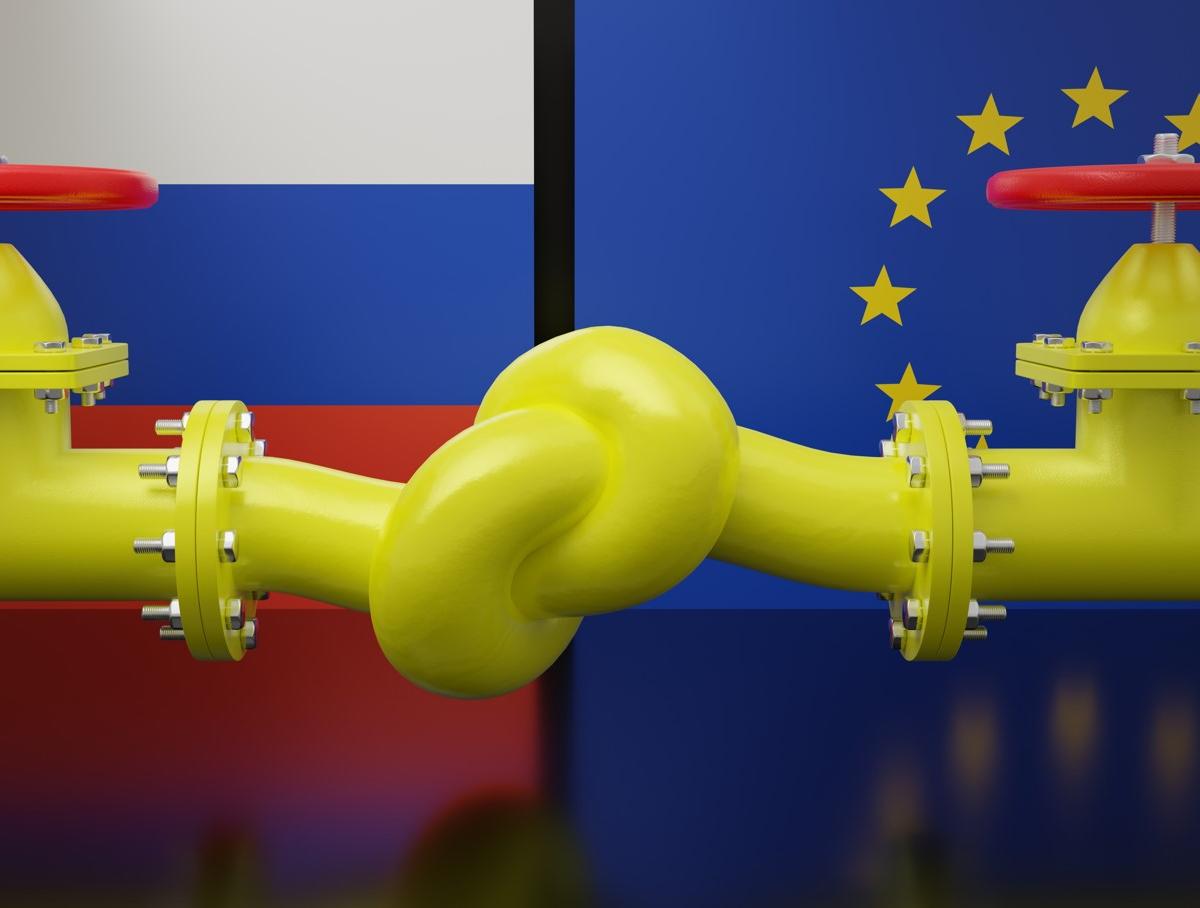European natural gas prices soared almost 40 percent on the risk of a global liquefied natural gas shortage. European wholesale power prices remain below the record highs of the energy crisis but have steadily climbed as the volatility in the international commodity spectrum underscores the fragility of the European energy system.
Unfortunately, the European Union bureaucrats declared the end of the energy crisis as if it were the result of decisive policy action, but the reality is that the energy problem in the EU was only diminished by purely external factors: a very mild winter and the decline in global commodity prices due to the central bank rate hikes. Thus, the energy crisis remains, and the problems of security of supply and affordability of the system persist.
The European Union’s dependency on Russian gas has not been solved; it has only been disguised by a massive increase in dependency on coal (lignite) in the case of Germany and expensive liquefied natural gas imported from the rest of the world. At the end of 2022, Germany’s energy mix was the clearest example of its energy policy failure. Hard coal and lignite accounted for 31.2%, natural gas 13.8%, and mineral oil 0.8%, with nuclear at 6.0%. After almost 200 billion euros in renewable subsidies, Germany needs more coal and imported natural gas. What did the government decide after facing the mistake of shutting down almost all its nuclear fleet? You guessed it. Double down and continue with the process of closing the remaining ones. No wonder Germany is in recession. Its industrial model requires abundant and affordable energy, and the different governments have made the cost of energy uncompetitive.
What about Spain? The government decided to implement an “Iberian exception” that eliminates the cost of gas from the wholesale power price only to charge it back to consumers as a surcharge in the bill. The result? The fifth highest electricity bill in Europe sent hundreds of millions of euros to France and Portugal that purchased the subsidized energy while the Spanish consumer paid the bill to natural gas producers, and its imports of Russian liquefied natural gas (LNG) soared, but the government tried to convince citizens that LNG from Novatek is “not Russian gas” because it is not a pipeline Gazprom supply, even when the supplier is a leading Russian energy multinational. You cannot make this up.
Even worse. Consumers have not seen the improvement in commodities in their bills. If we look at the latest reported Eurostat figures of household electricity prices, these increased in all but two EU Member States in the second half of 2022, compared with the second half of 2021, just as commodities slumped in international markets. The average for the EU stands at 252 euros per MWh and 261 euros per MWh for the euro area. This is between 20 and 30% higher than the average residential electricity rate in the U.S., according to data from Energy Sage.
The European energy crisis was not solved. It was disguised thanks to a mild winter and the slowdown in coal and gas imports from China. European governments continue to place all their bets on a misguided energy transition that ignores security of supply and competitiveness and will make the EU depend on China for rare earths and metals as well as the U.S. and OPEC for commodities.
The European Union should have abandoned ideological decisions and allowed technology, competition, and industry to provide the optimal solution that delivers a competitive and secure supply of energy. Deciding to forbid the development of domestic resources and focus on intermittent and volatile sources of energy before the battery technology is fully operational is an enormous mistake that condemns the European Union to suffer higher costs and lower growth. Environmental policies must be considered from a global perspective. The EU accounts for less than 10% of global emissions but almost 100% of the cost. It needs to focus on competitiveness, security of supply, and respect for the environment from an industrial perspective. Ignoring the importance of making the most of nuclear, hydroelectric, gas, and all other available sources is dangerous. In China or the United States, affordability, security of supply, and competitiveness are the drivers of energy policy. In Europe, it is a misguided view of “not in my backyard” that is making the continent more dependent on others, not less. Subsidies are delaying the necessary development of intermittent and volatile energy sources because policymakers reject the importance of creative destruction and competition as driving forces of progress. Interventionism is not delivering better or cheaper energy; it is making the European Union lose in the technology and energy security race.





























